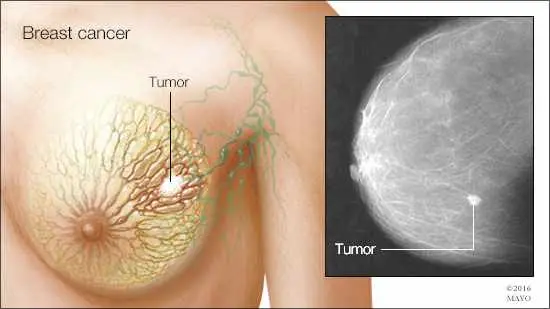Spirulina is a not a new discovery in the world of medical advancements. Studies reported on the nutritional value of Spirulina as early as the 1960’s, however in recent times further potential health benefits have caught the attention of researchers, specifically how it can boost immunity and fight disease. One of the most recent breakthroughs on spirulina is its links with cancer prevention.
Published in January 2014 in The American Journal of Pathology, Ouhtit, et. al.’s study found that spirulina was able to inhibit breast carcinogenesis in rats. Spirulina, which is a filamentous blue-green microalga, had been previously studied in vitro for its antioxidant and potentially anticancer properties. The 2014 study was conducted in vivo, meaning in live test subjects, which is much more significant than “in vitro” results, which indicates actual potential for anti-carcinogenic action in living beings. The researchers found that Spirulina was able to clear out rat mammary tumors, as confirmed by histopathology, or looking at tissues under a microscope and looking for cancerous cells.

Furthermore, the study found that Spirulina was able to inhibit the proliferation of cancer cells within 24 hours; apoptosis or cell death among cancer cells happened within 48 hours after the introduction of treatment with Spirulina. That’s certainly a feat – anti-cancer effects within one to two days of treatment with this algae. All in all, Spirulina was able to reduce the incidence of breast tumors in the rats from 87% to 13%. That’s an 85% reduction of tumors after treatment with Spirulina! The researchers report that their study is most likely the first report of in vivo treatment with spirulina against cancer, highlighting the potential role of this life form in both preventative supplementation and actual cancer therapy.
While Ouhtit, et. al.’s study is one of the first in vivo studies on Spirulina, there are plenty of other studies that came after, showing how the plant is able to fight against other kinds of cancer. In March 2014, a study was published by Konickova, et. al. in the Annals of Hepatology, showing that Spirulina was able to work in vivo against pancreatic cancer cells after the third day of treatment! In November 2015, Pan, et. al. found that Spirulina was able to cause apoptosis in ovarian cancer cells, targeting multiple proteins in the ovarian cancer cell line and causing cell death.

These are fantastic discoveries. You can find Spirulina in a variety of forms, the most common being capsule and tablet forms, though you can find it in powder or flake form as well. If you have pre-existing health conditions, make sure to seek medical advice from your doctor if you can take Spirulina supplements without any problems. Otherwise, just follow the instructions on dosing on the package. Dosing varies depending on the type of product you get. Seek a high-purity, high quality product. This scientific research indicates that you may be able to reduce your cancer risk today by including Spirulina in your diet!